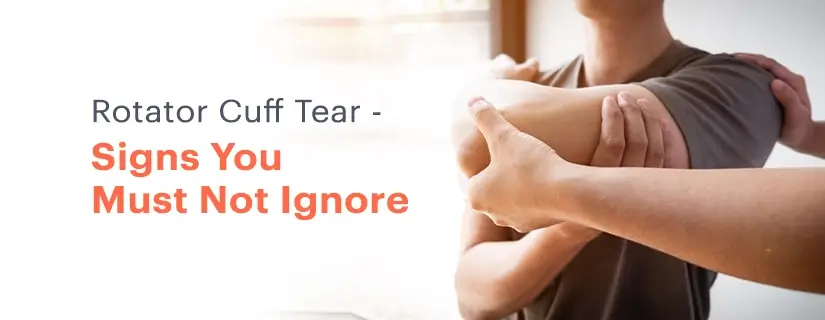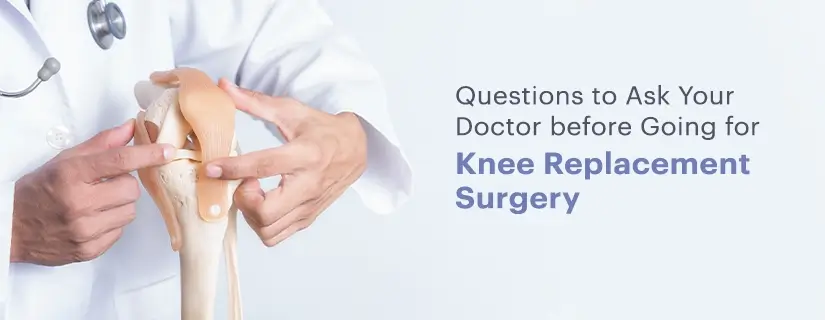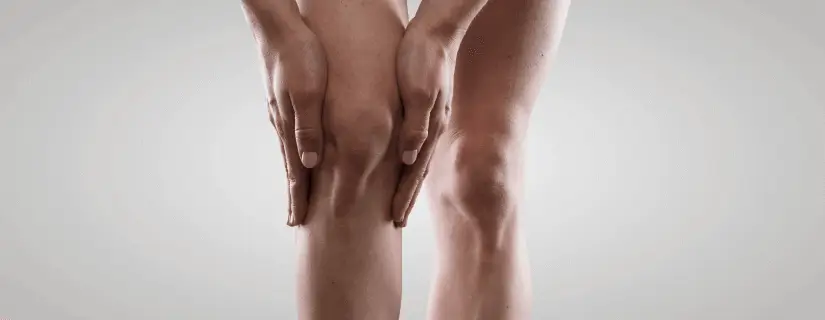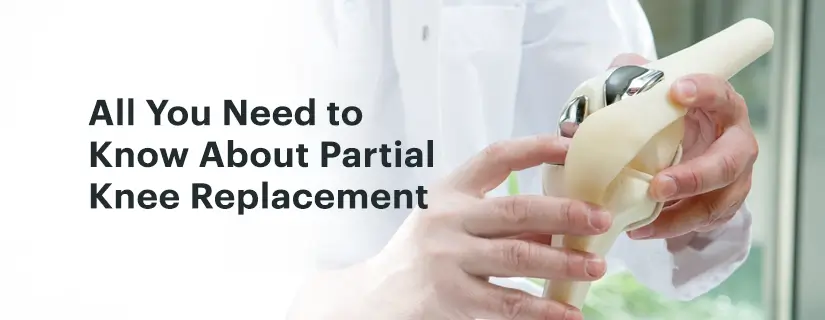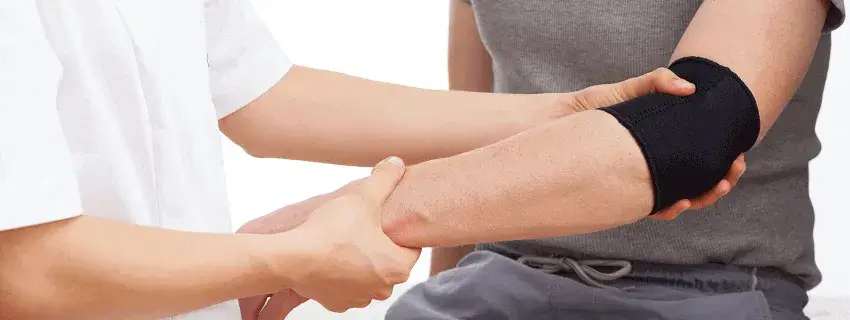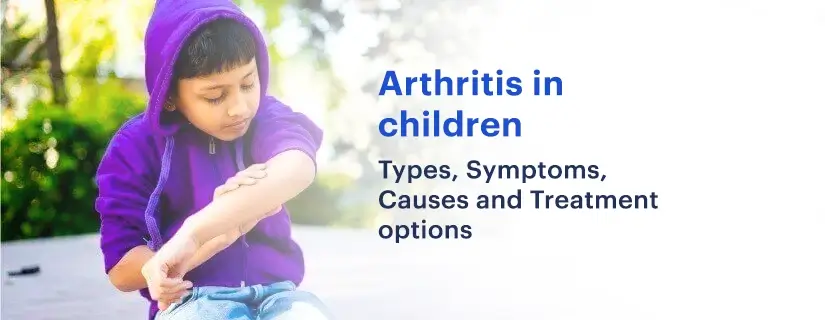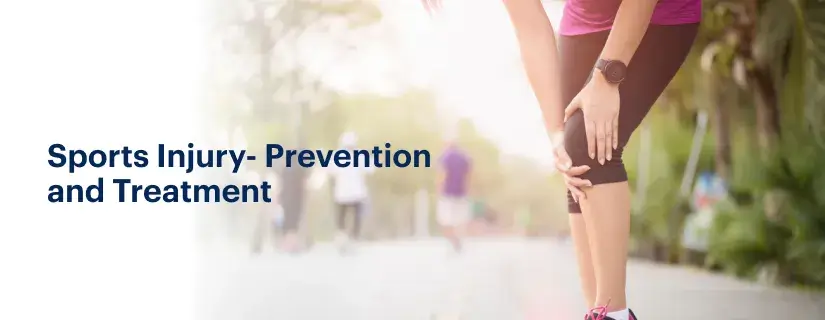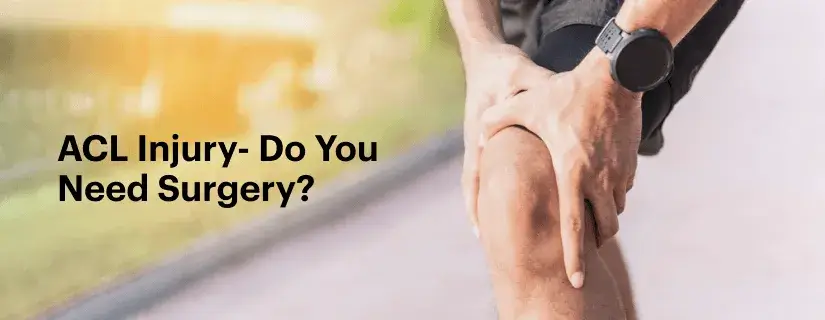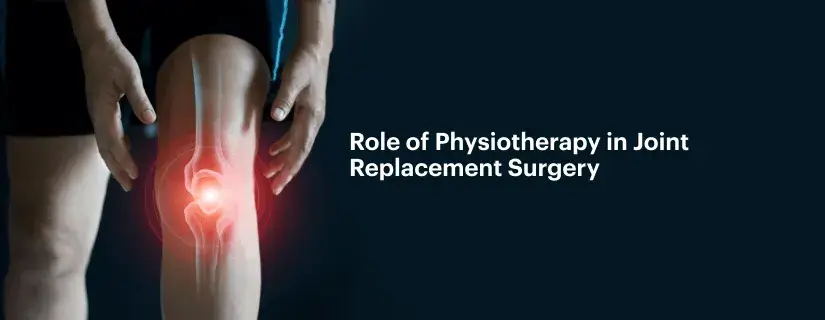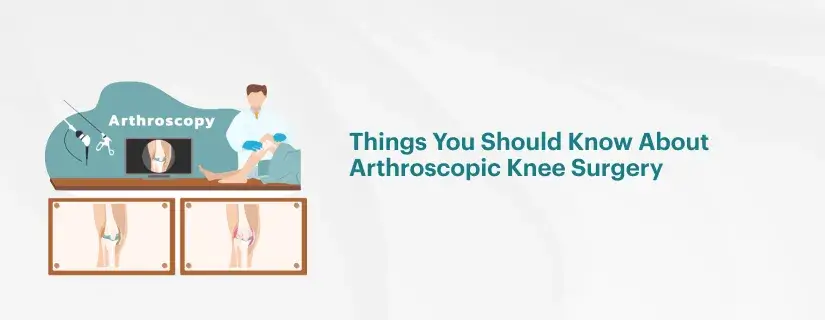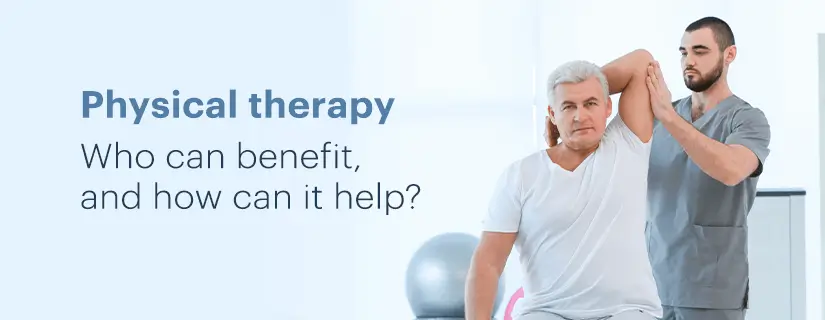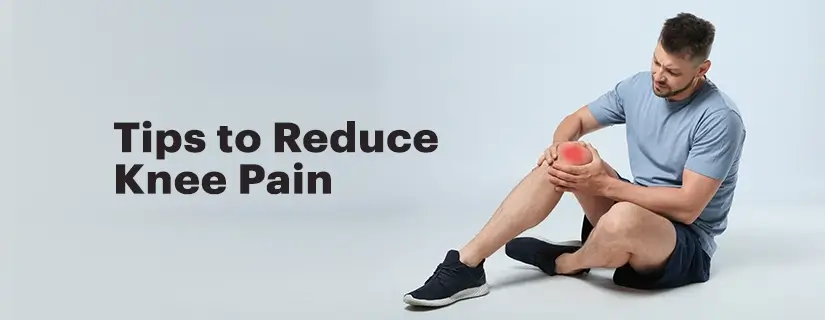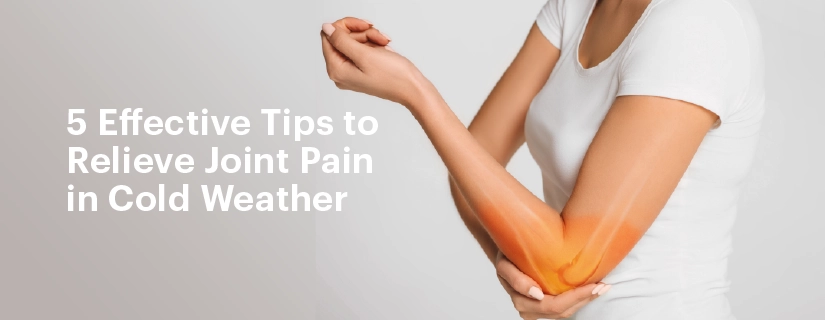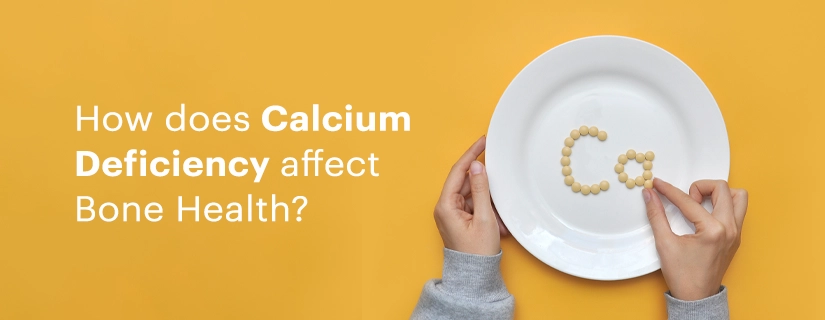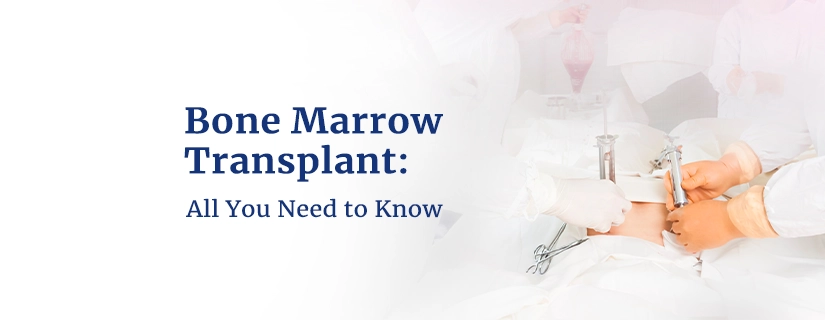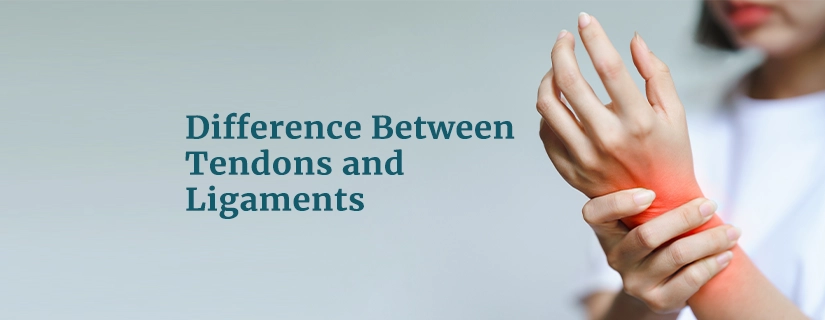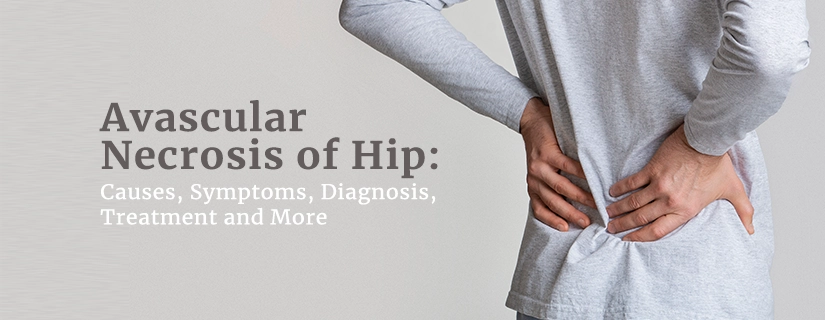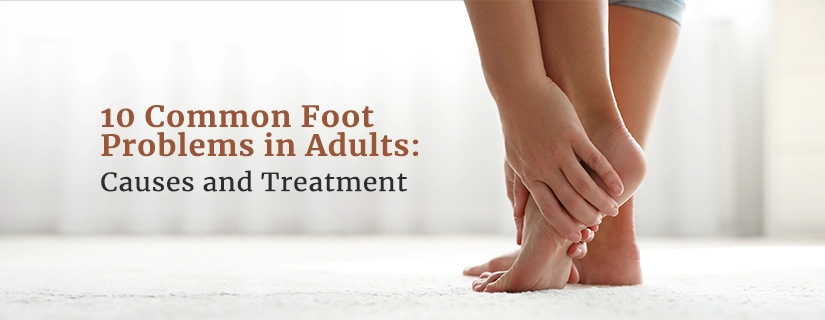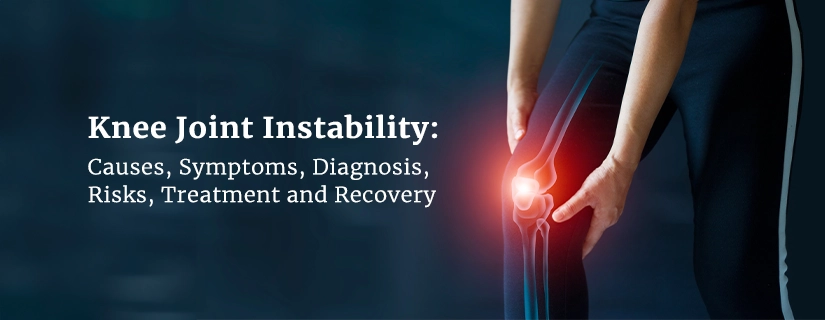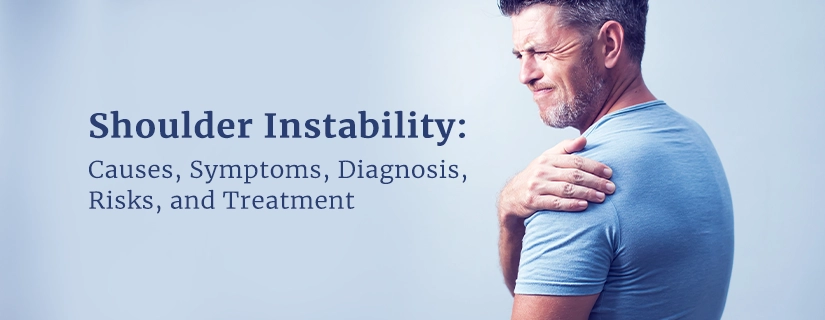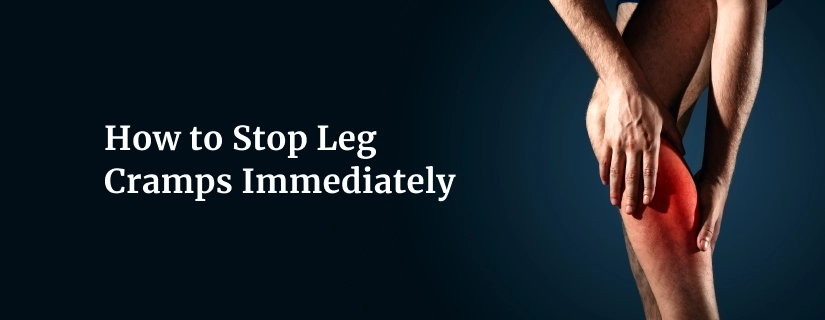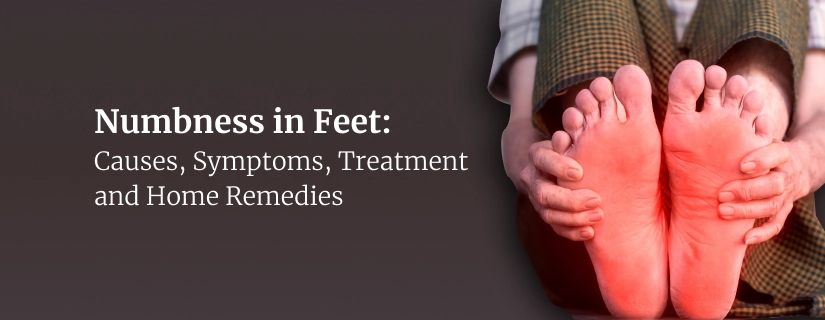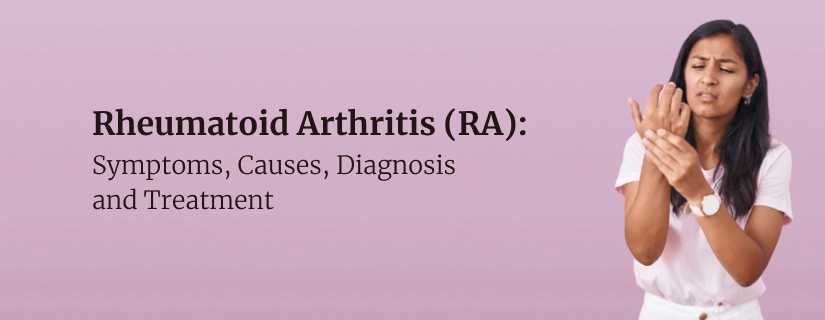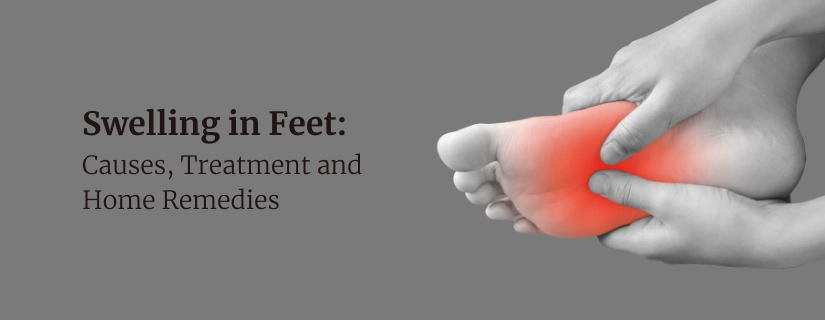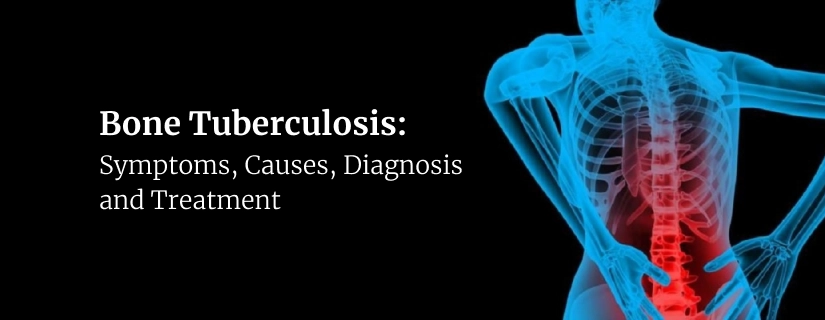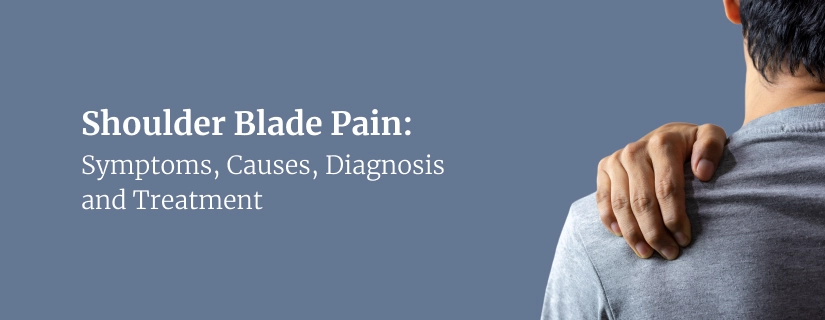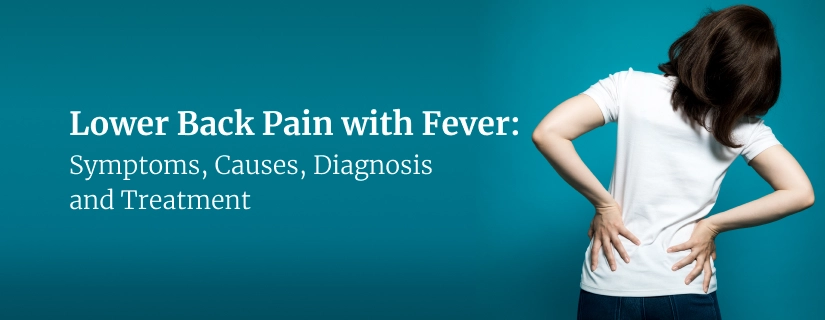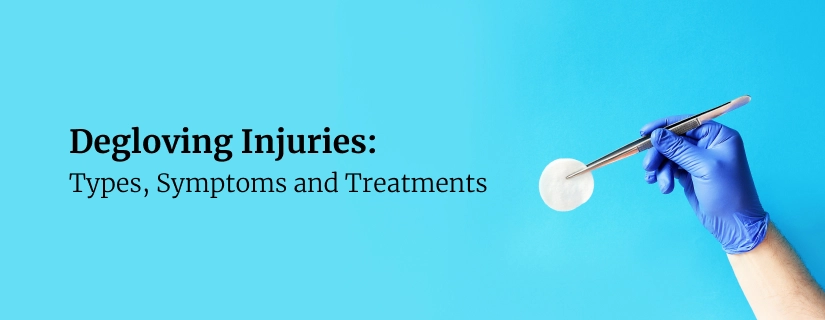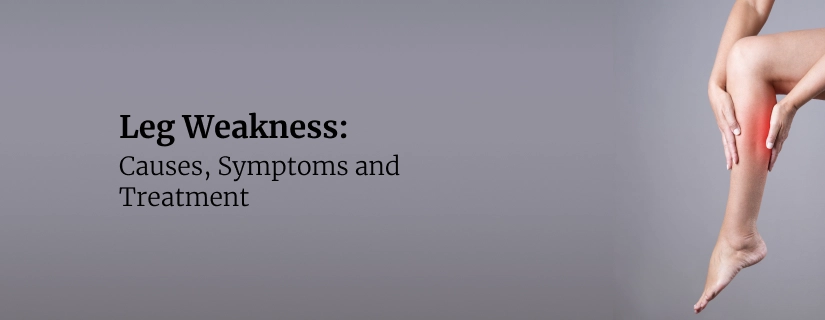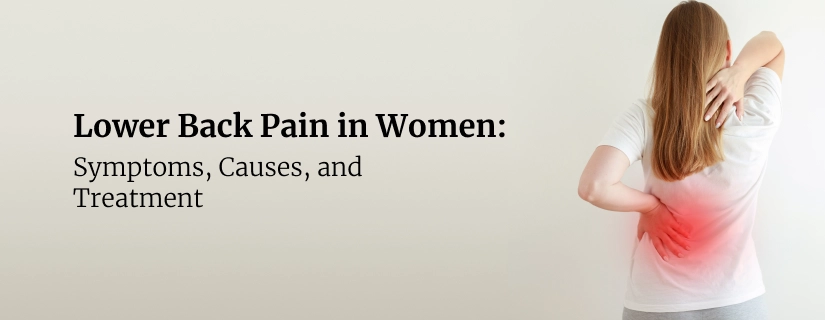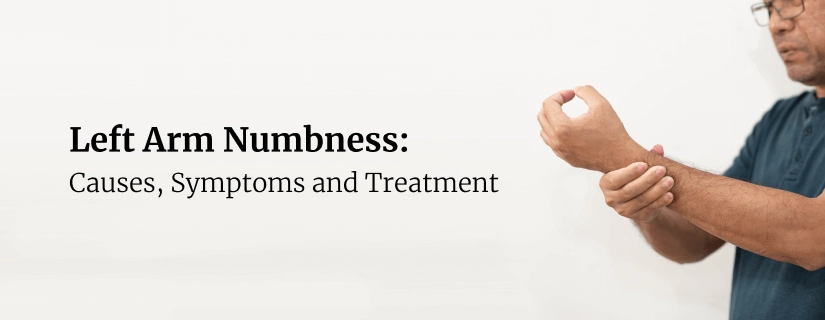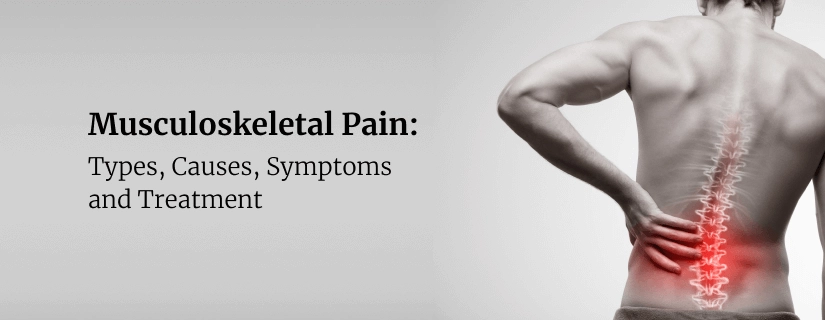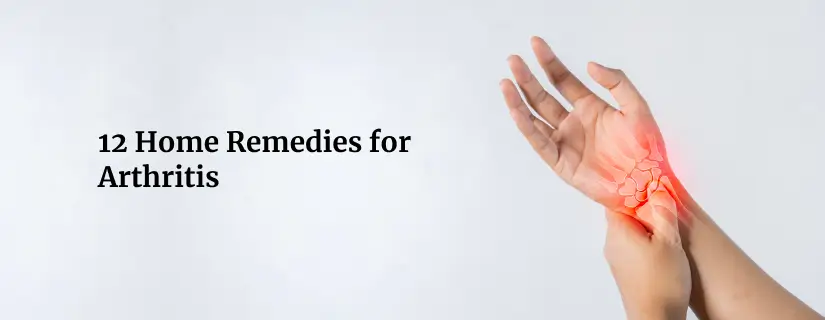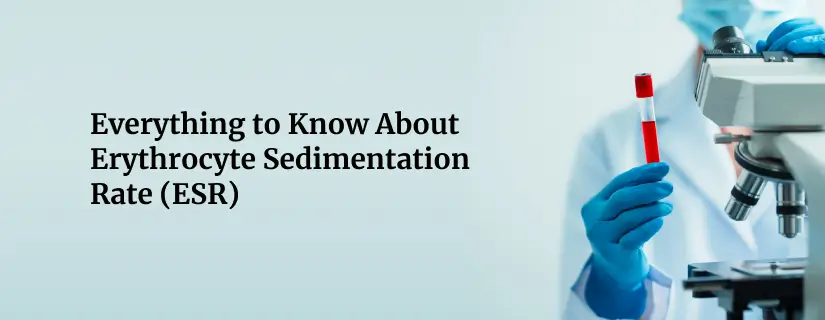-
Doctors
-
Specialities & Treatments
Centre of Excellence
Specialties
Treatments and Procedures
Hospitals & Directions HyderabadCARE Hospitals, Banjara Hills CARE Outpatient Centre, Banjara Hills CARE Hospitals, HITEC City CARE Hospitals, Nampally Gurunanak CARE Hospitals, Musheerabad CARE Hospitals Outpatient Centre, HITEC City CARE Hospitals, Malakpet
HyderabadCARE Hospitals, Banjara Hills CARE Outpatient Centre, Banjara Hills CARE Hospitals, HITEC City CARE Hospitals, Nampally Gurunanak CARE Hospitals, Musheerabad CARE Hospitals Outpatient Centre, HITEC City CARE Hospitals, Malakpet Raipur
Raipur
 Bhubaneswar
Bhubaneswar Visakhapatnam
Visakhapatnam
 Nagpur
Nagpur
 Indore
Indore
 Chh. Sambhajinagar
Chh. SambhajinagarClinics & Medical Centers
Book an AppointmentContact Us
Online Lab Reports
Book an Appointment
Consult Super-Specialist Doctors at CARE Hospitals
Swollen Knee: Causes, Treatment and Prevention
Updated on 6 February 2024
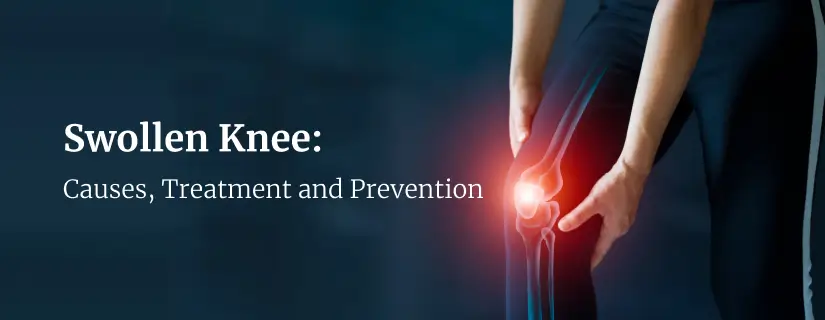
A swollen knee with pain can affect people of any age, causing pain and discomfort that can interfere with daily activities. This comprehensive guide will explore various aspects of knee swelling, including its causes, treatment options, home remedies, risk factors, potential complications, preventive measures, and when to seek medical attention. By the end of this article, you will have a thorough understanding of how to manage and rehabilitate a swollen knee.
Cause of Swollen Knee
There is no single reason for a swollen knee. Various problems, ranging from physical injuries to medical conditions, can lead to a swollen knee. Any damage to the knee can result in an excess accumulation of joint fluid. Injuries that may cause fluid buildup around the knee joint include a torn ligament, specifically the anterior cruciate ligament (ACL), a cartilage (meniscus) tear, and overuse irritation. Additionally, broken bones can also contribute to this fluid buildup. The ACL is a crucial ligament that helps stabilize the knee joint by connecting the thigh bone (femur) to the shinbone (tibia). The most common cause of its tear is during sports activities involving sudden stops and direction changes, such as basketball, soccer, tennis, and volleyball. Another potential injury is a torn meniscus, which is a C-shaped piece of resilient cartilage that acts as a cushion between the shinbone and thighbone. This type of injury can occur if the knee suddenly twists while bearing weight on it. Diseases and medical conditions can also lead to fluid buildup in and around the knee joint. These include osteoarthritis, rheumatoid arthritis, infection, gout, pseudogout, bursitis, cysts, and tumors.
Swollen Knee Treatment
Swollen painful knee treatment depends on the underlying cause and severity. In most cases, doctors may recommend the R.I.C.E. method, involving rest, ice, compression, and elevation. More severe cases may require medical intervention, including medication, physical therapy, or surgery.
Home Remedies for Swollen Knee Pain
Along with medical treatments, there are also natural remedies for swollen knees that can provide relief, such as applying cold compresses or taking Epsom salt baths. Gentle exercises and maintaining a healthy weight can also help reduce swelling. These home remedies for swollen knees are not only safe but also provide a long-lasting effect.
Risk Factors
Certain factors, including age, weight, and high-impact activities, can increase the risk of developing knee swelling. Pre-existing conditions like arthritis or diabetes also make individuals more susceptible.
Sometimes, sportspersons may suddenly come up with the complaint of a suddenly swollen knee with pain.
Complications
If left untreated, knee swelling can lead to chronic pain and reduced mobility. Possible complications of a knee that is swollen include muscle loss and the development of a fluid-filled sac called a Baker cyst. The presence of this extra fluid in the knee can hinder muscle function and result in weakening and atrophy of the thigh muscles. However, this can often be relieved through the use of icing and compression. In more severe cases, fluid may need to be extracted with a needle. Infections can also arise and cause severe complications, emphasizing the importance of seeking medical care.
Prevention
Maintaining a healthy lifestyle, avoiding high-impact activities, using proper protective gear, and listening to your body can help prevent knee swelling.
When to Seek Medical Attention
While you can manage many cases of knee swelling at home, it is essential to consult a healthcare professional if the swelling is accompanied by severe pain, inability to bear weight, signs of infection, or if it persists or worsens despite home remedies.
Conclusion
Managing and rehabilitating a swollen knee requires a comprehensive approach, including understanding the causes, implementing appropriate treatments, and taking preventive measures. Remember to consult with a healthcare professional for personalized care. You can regain mobility and live a pain-free life with proper treatment and care.
FAQs
1: Are there any swollen knee treatments at home?
In most cases, with rest, ice, compression, elevation, and some natural remedies, such as cold compresses and gentle exercises, can help alleviate pain and reduce swelling. It is important to consult with a healthcare professional before trying any natural remedies.
2.: What are the potential complications of untreated knee swelling?
Chronic pain and reduced mobility are possible complications of untreated knee swelling, and if the cause of swelling is an infection, it can lead to severe complications. Seeking medical care is crucial in preventing these complications.
3: How can I prevent knee swelling?
Maintaining a healthy lifestyle, avoiding high-impact activities without proper conditioning and technique, wearing protective gear, and not overexerting can help prevent knee swelling.
4: When should I seek medical attention for a swollen knee?
If the swelling is accompanied by severe pain, inability to bear weight, signs of infection, or if it persists or worsens, it is essential to consult a healthcare professional for proper diagnosis and treatment.

ENQUIRY FORM
SELECT CATEGORIES
-
Neurosciences (16)
-
Neurology (37)
-
Neurosurgery (14)
-
Orthopaedics (48)
-
Oncology (33)
-
Obstetrics and gynecology (52)
-
Pulmonology (23)
-
Urology (20)
-
Nephrology (13)
-
Psychiatry (7)
-
Dietetics and Nutrition (111)
-
General Medicine (63)
-
Cardiac Sciences (32)
-
Vascular & Endovascular Surgery and Interventional Radiology (15)
-
Gastroenterology (46)
-
Endocrinology (23)
-
Plastic Surgery (10)
-
Critical Care Medicine (5)
-
COVID-19 (16)
-
Dermatology (16)
-
Emergency Care (1)
-
Ophthalmology (4)
-
Pediatrics (14)
-
Laparoscopic and Bariatric Surgery (8)
-
ENT (15)
-
Kidney Transplant (1)
-
Liver Transplantation and Hepatobiliary Surgery (5)
-
General Surgery (3)
-
Internal Medicine (5)
-
Medicine Information
Left Shoulder Pain in Women: Symptoms, Causes, Prevention and Treatment
Cervical Spondylosis: Symptoms, Causes, Risks Factors, Prevention and Treatment
YOU MAY ALSO LIKE
RECENT BLOGS
-

Preterm Birth (Premature Birth): Symptoms, Causes, Treatment and Prevention
13 May 2025
Read More
-

Rotablation Angioplasty: Benefits, Treatments, And Recovery Time
9 May 2025
Read More
-

What Is The Difference Between IUI and IVF?
9 May 2025
Read More
-

Venous Malformations: Causes, Symptoms, and Treatment
30 April 2025
Read More
-

Varicose Vein Foam Sclerotherapy: Treatment, Benefits, and Procedure
30 April 2025
Read More
-

Radiofrequency (RF) Ablation Treatment for Varicose Veins: Know More
30 April 2025
Read More
-

Varicose Vein Sclerotherapy: Treatment, Benefits, and Procedure
30 April 2025
Read More
-

Varicose Vein Endovenous Laser Ablation: Procedure, Benefits, Risks
30 April 2025
Read More
Have a Question?
If you cannot find answers to your queries, please fill out the enquiry form or call the number below. We will contact you shortly.




